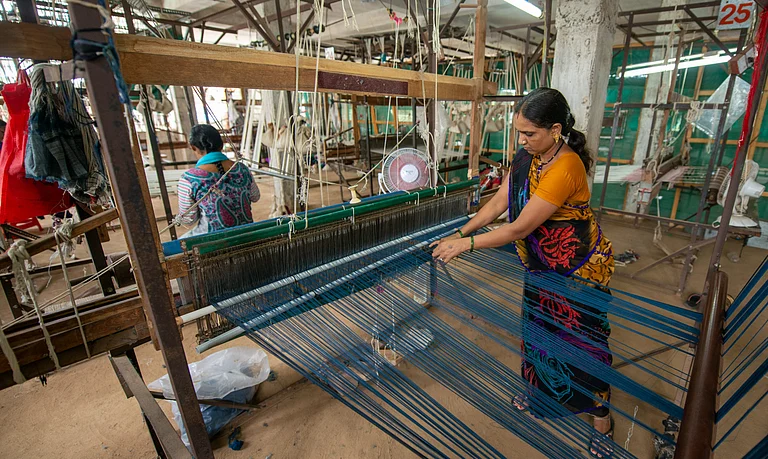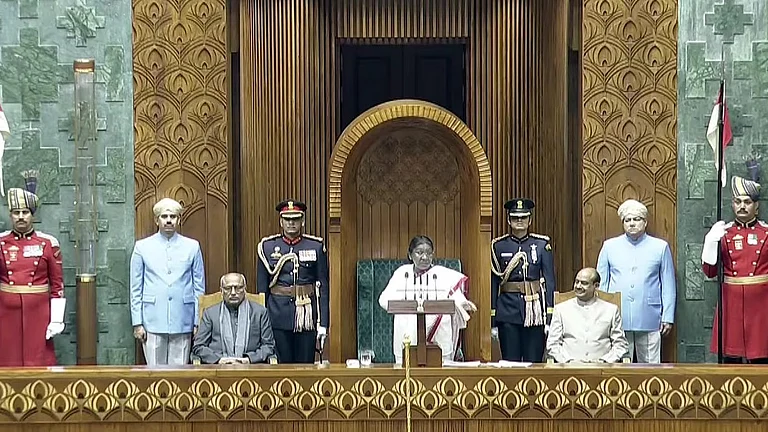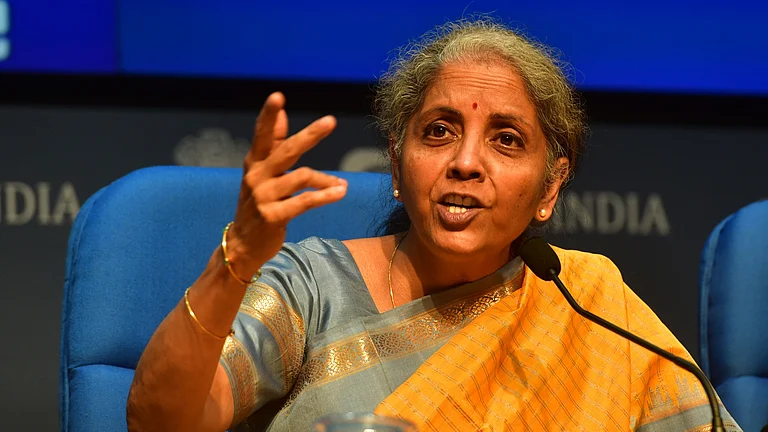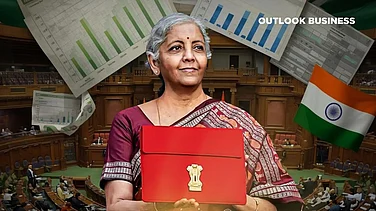Much of Nirmala Sitharaman’s energy, while presenting the Union Budget for the 2024–25 fiscal in Parliament on Tuesday (February 23), was focused on jobs. And with good reason. India has witnessed job growth slow over the past couple of years and there has been talk around the dreaded phenomenon of ‘jobless growth’. So, while presenting her seventh consecutive budget, Sitharaman tried her best to give job growth a fillip.
The Union Budget announced a broad-based scheme that will allow students pursuing higher education to find internships in India’s top 500 businesses while earning a stipend. For students, this works well, as they can learn the professions they seek to pursue, while for companies this is an opportunity to train young minds along industry requirements.
For long, businesses in India have complained about colleges and universities not churning out capable workers. The lack of employability of India’s vast workforce has often been cited as a reason for slow jobs growth. With this, the government has thrown the ball in the private sector’s court to train its own workforce.
In so doing, the Centre’s allocation for the Ministry of Education has gone up by merely 6.8%. But there is a problem with this approach. Counting on the private sector to train the workforce that will work for it, runs the risk of making certain degree programmes, especially in non-STEM (science, technology, engineering and mathematics) fields unnecessary, which in turn may leave many institutions of higher learning in a lurch.
While having a skilled workforce is key to realising India’s goal of becoming a ‘developed’ nation by 2047, the pursuit of learning cannot just be for members of the youngest nation on Earth to become cogs in the wheel. The purpose of education remains unrealised if it remains subservient to the forces of the market. An education system based on skills can complement the creation and pursuit of knowledge but cannot be its replacement.
If the State is serious about improving its research and development (R&D) capabilities, education will have to focus on nuance, on critical thinking, building concepts and other theoretical pursuits. The higher education ecosystem in India is diverse. Yes, there are trade schools like the Industrial Training Institutes (ITIs) —which the government wants to improve, and then there are institutions of higher learning that enable people to think original thoughts and look at the world critically.
An imbalance in the pursuit of skills and knowledge will create a workforce that is incapable of thinking for itself. Moreover, a dogged pursuit of skills will stand in the way of the government’s own vision of Indian education as presented in the National Education Policy (NEP).































